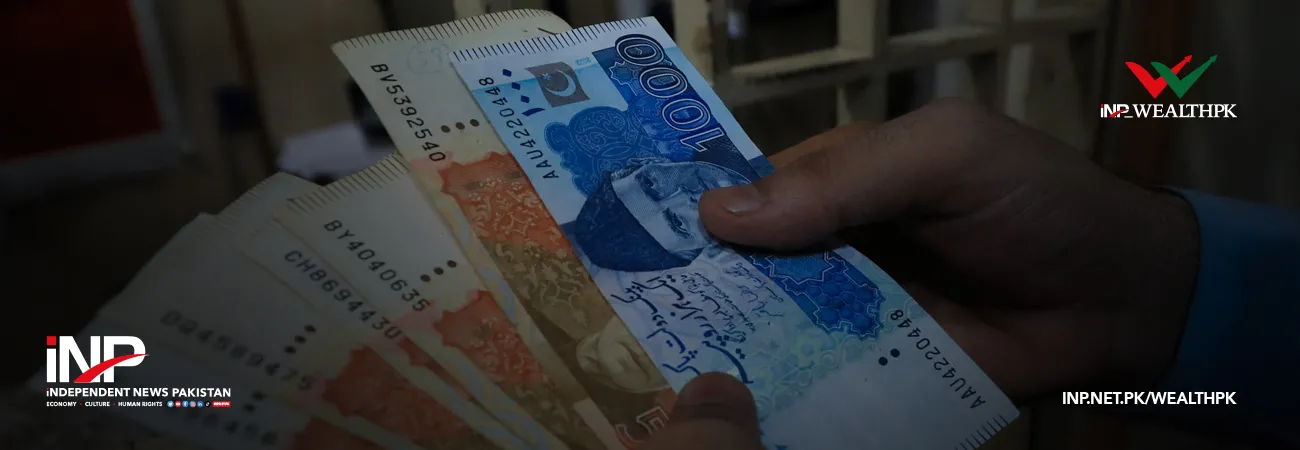i INP-WEALTHPK
Moaaz Manzoor
Correcting the rupee’s undervaluation and reforming the tax policies are essential for economic stability and sustainable growth in Pakistan. Speaking to WealthPK, Chaudhry Ahmad Jawad, Vice President of Pakistan Business Forum, expressed concern over the rupee’s undervaluation, which currently sees the US dollar at a high of PKR280. Dollar is overvalued in this context, and a realignment of around 30 rupees will not only strengthen the rupee but also curb the inflationary pressures that affect businesses and households alike. A stronger rupee would ease import costs, particularly in essential sectors like energy and raw materials, thereby contributing to lower production costs and making exports more competitive on a global scale. This adjustment will, in principle, improve the balance of payments by reducing the cost of imported goods and encouraging local production. Jawad also discussed structural challenges in the tax system, which he believed hindered broader economic stability.
He said that the disconnect and mistrust between the Federal Board of Revenue (FBR) and the business community impede effective tax collection. He called for simplified tax slabs and more accessible, transparent tax mechanisms to encourage compliance. Such adjustments could bring more businesses into the tax net and reduce reliance on indirect taxes that disproportionately burden the lower-income groups. By creating a more streamlined and fair tax system, the government can potentially increase revenue without overburdening any sector, thus supporting growth across the board. Addressing both currency stability and tax reform, the Pakistan Business Forum envisions an economic environment where businesses have greater confidence in the local currency stability and a fair, clear tax structure. This will likely stimulate investment, increase job opportunities, and promote a sustainable growth.
Furthermore, these measures could reduce Pakistan’s dependence on external loans, as a stronger rupee and robust tax base would improve fiscal health and lessen vulnerabilities to the currency fluctuations in international debt repayment. The Forum’s recommendations underscore the importance of addressing both the currency valuation and tax reform to foster economic stability. By realigning the rupee's value, Pakistan can lessen the inflationary pressures, making goods more affordable and boosting the purchasing power of consumers. Additionally, he said, reforming the tax system to promote transparency and ease compliance could help broaden the tax base, increasing revenue without straining businesses. Together, these changes could create a stable, growth-oriented economic environment that encourages investment and reduces Pakistan's dependence on external borrowing, setting the stage for long-term resilience and balanced development.
Credit: INP-WealthPk









